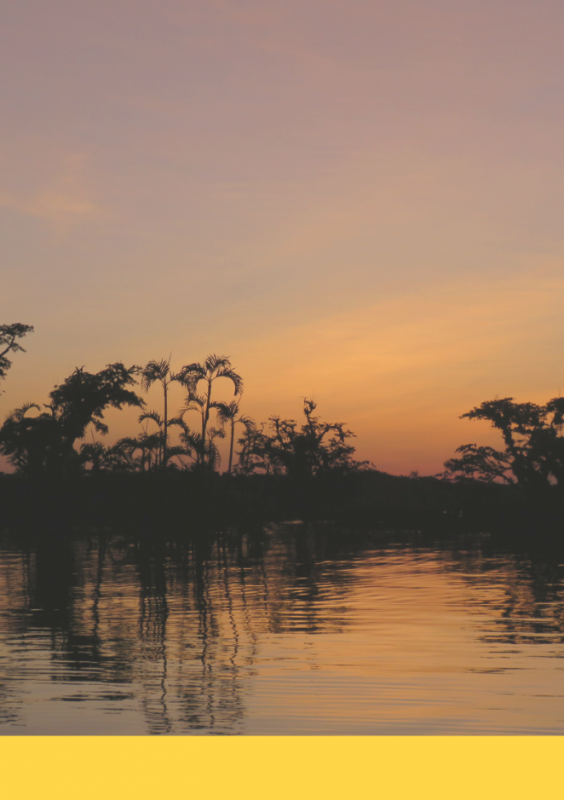
The term biodiversity represents the variety of life on earth. This biodiversity can be described at a number of levels – genetic, species, community, ecosystem – but in any case, this diversity is essential for the successful functioning of the global biosphere. The relationship between biodiversity and human well-being was explicitly studied in the systematic review “Biodiversity loss and its impact on humanity” (Nature, 2012). This study highlighted the fact that the “suite of benefits that ecosystems provide to humanity” are weakened by loss of biodiversity. Scientific, economic, and aesthetic tolls accompany an erosion of human well-being.
As such, biodiversity conservation and sustainability efforts throughout the world are essential to humanity’s future, but face many challenges. These challenges are especially difficult in developing countries, which may have high levels of poverty and population density, and lack basic infrastructure and food security. Strategies imposed by outsiders without taking into consideration local culture, customs, and traditions, and the needs (health, food, education, social justice) of the local people are rarely effective. Recent work strives to integrate the biological with the human, developing new strategies and methods for biodiversity conservation. Such approaches to global conservation highlight the need for solutions – without unintended consequences – that respond both to human and environmental concerns.
Global Biodiversity and Culture: Integrating Conservation and Human Well-being, introduces these global concerns. Students will learn about biodiversity and conservation (and human dimensions that facilitate or impede conservation progress) in four regions of the world – Madagascar, Ecuador’s Choco and tropical Andes regions, India’s Western Ghats, and the Coastal Plain of the US.
Students in the course will gain experience in engaging with experts at home and abroad, including Madagascar, Ecuador and India, via Skype, Zoom, or other technology to the distant locations. The course has been developed for students in majors related to the life sciences, conservation and sustainability, anthropology and cultural studies, human health and well-being, and the geographical areas of concern (Madagascar, Ecuador, India, the US), as well as those interested in the future of our planet.
